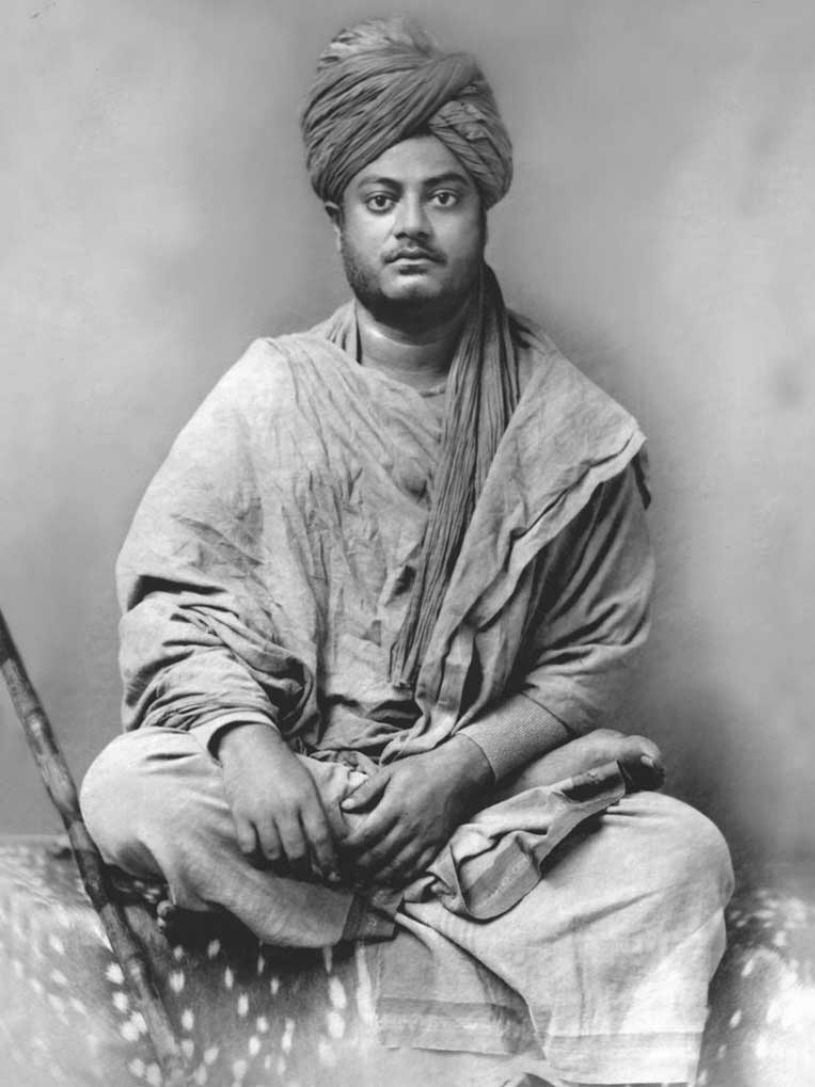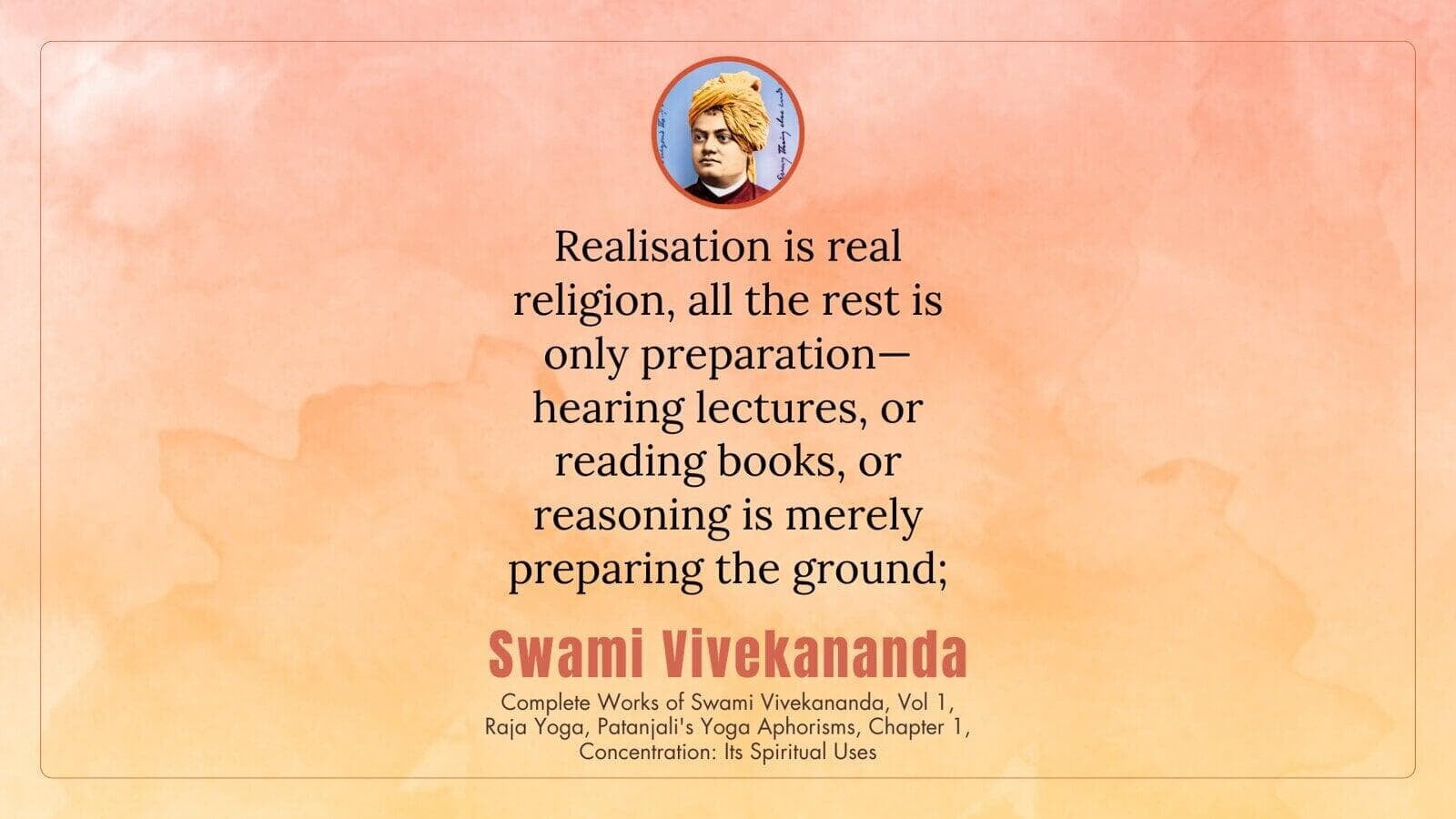
Swami Vivekananda
Swami Vivekananda
Swami Vivekananda, known in his pre-monastic life as Narendra Nath Datta, was born in an affluent family in Kolkata on 12 January 1863.
His father, Vishwanath Datta, was a successful attorney with interests in a wide range of subjects, and his mother, Bhuvaneshwari Devi, was endowed with deep devotion, strong character and other qualities. A precocious boy, Narendra excelled in music, gymnastics and studies. By the time he graduated from Calcutta University, he had acquired a vast knowledge of different subjects, especially Western philosophy and history. Born with a yogic temperament, he used to practice meditation even from his boyhood, and was associated with Brahmo Movement for some time.
After a few years two events took place which caused Narendra considerable distress. One was the sudden death of his father in 1884. This left the family penniless, and Narendra had to bear the burden of supporting his mother, brothers and sisters. The second event was the illness of Sri Ramakrishna which was diagnosed to be cancer of the throat. In September 1885 Sri Ramakrishna was moved to a house at Shyampukur, and a few months later to a rented villa at Cossipore. In these two places the young disciples nursed the Master with devoted care. In spite of poverty at home and inability to find a job for himself, Narendra joined the group as its leader.
One thing became clear to Swamiji: to carry out his plans for the spread of education and for the uplift of the poor masses, and also of women, an efficient organization of dedicated people was needed. As he said later on, he wanted “to set in motion a machinery which will bring noblest ideas to the doorstep of even the poorest and the meanest.” It was to serve as this ‘machinery’ that Swamiji founded the Ramakrishna Mission a few years later.
His speeches at the World’s Parliament of Religions held in September 1893 made him famous as an ‘orator by divine right’ and as a ‘Messenger of Indian wisdom to the Western world’. After the Parliament, Swamiji spent nearly three and a half years spreading Vedanta as lived and taught by Sri Ramakrishna, mostly in the eastern parts of USA and also in London.
- To rouse the religious consciousness of the people and create in them pride in their cultural heritage.
- To bring about unification of Hinduism by pointing out the common bases of its sects.
- To focus the attention of educated people on the plight of the downtrodden masses, and to expound his plan for their uplift by the application of the principles of Practical Vedanta.
- To rouse the religious consciousness of the people and create in them pride in their cultural heritage.
- To bring about unification of Hinduism by pointing out the common bases of its sects.
- To focus the attention of educated people on the plight of the downtrodden masses, and to expound his plan for their uplift by the application of the principles of Practical Vedanta.
Message of Swami Vivekananda
Message of Swami Vivekananda
- My ideal, indeed, can be put into a few words, and that is: to preach unto mankind their divinity, and how to make it manifest in every movement of life.
- We want that education by which character is formed, strength of mind is increased, the intellect is expanded, and by which one can stand on one’s own feet.
- Religion is realization; not talk, not doctrine, nor theories, however beautiful they may be. It is being and becoming, not hearing or acknowledging; it is the whole soul becoming changed into what it believes.

